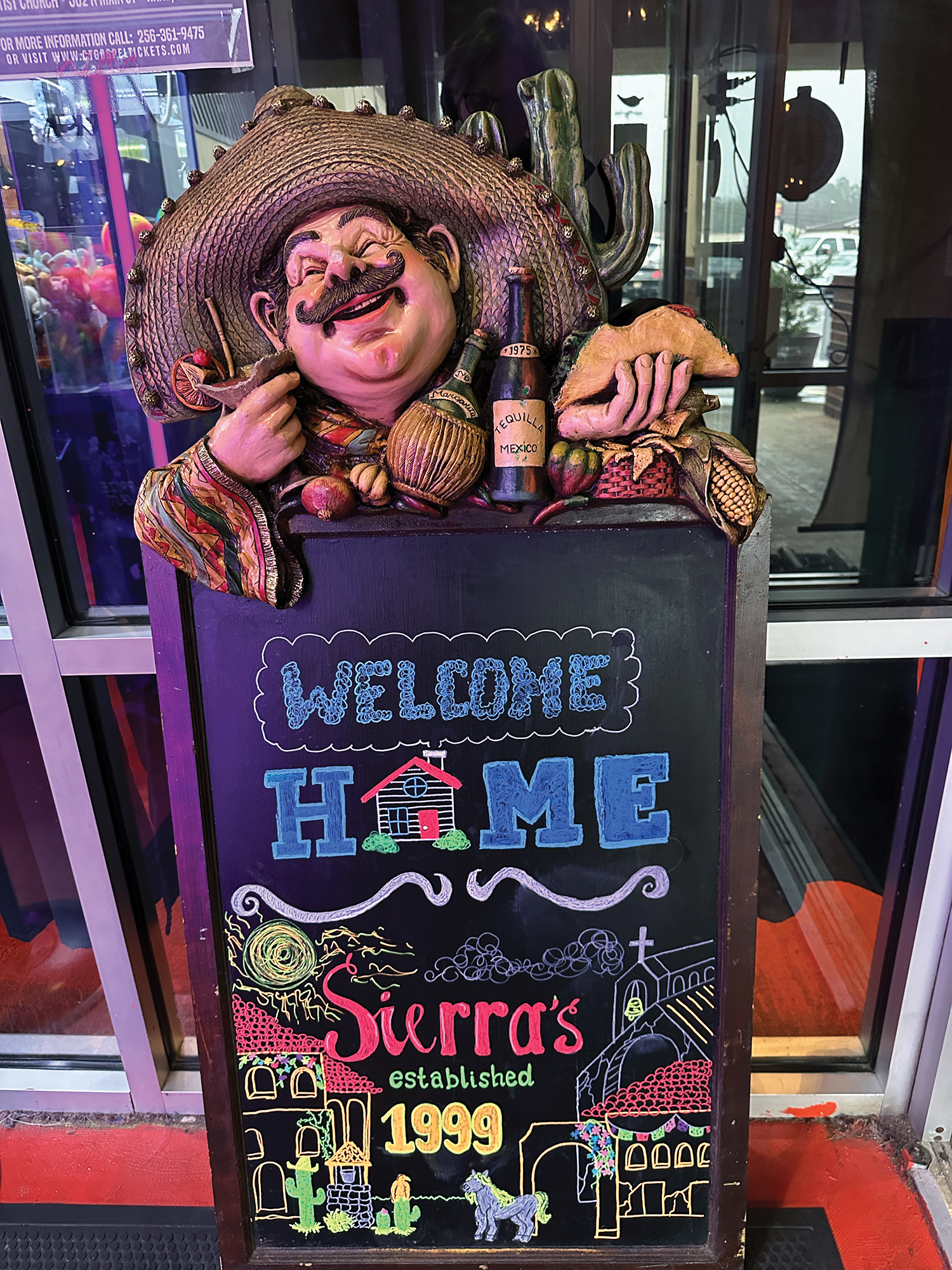Protecting Animals for Future Generations
By Marilyn Jones
By definition, a zoo is a garden or park where wild animals are kept for exhibition; a collection of living animals usually for public display. And a zookeeper: one who maintains or cares for the animals in a zoo. Without a zoo there would be no zookeeper and without a zookeeper there would be no zoo.

Every year, the third week of July is designated National Zookeeper Week; the perfect time to ask the question: What does a zookeeper do?
“We have nine zookeepers and one dietician,” says Cyndi Johnson, head zookeeper at Alabama Gulf Coast Zoo in Gulf Shores. “Their primary concern is the health of the animals.”
Each zookeeper is species-specific. Johnson says her keepers are usually trained to care for two types of animals — avian, cats, primates, hoof, rodents or reptiles — so they can take over when the fulltime keeper is off for the day.
Although some of her keepers have degrees in biology, zoology and wildlife science, a degree isn’t necessary. “It has to be in your heart,” she says. “There’s nothing really glamorous about gathering supplies, cleaning, measuring feces to make sure the animal is healthy and watching the animal to make sure it’s OK. Rain, snow, sleet, we have to be here to care for the animals. You have to love the animals to be this dedicated.
“Once the animals have been monitored, cleaned, fed and reports filed, we have to get our supplies ready for the next day to do it all over again,” she explains. “A big part is keeping records — electronically and hard copy. At any given time I have to be able to view an animal’s file.”
Into the Future

Johnson says she spends a lot of time traveling to schools and teaching children about the plight of animals.
“I also explain to them that before getting a pet they should do a lot of research,” she says. “In our zoo, 98 percent of the birds, 98 percent of the reptiles and 50 percent of the small rodents have been donated by people who bought them as pets. We live in such a throwaway world. I get five to 10 calls a week and right now we can’t always take them.
“I don’t recommend exotics for anyone,” she says. “Primates live to be 50 years old and some birds live to be 80 years old. Right now we have 13 squirrel monkeys and five capuchin monkeys that were donated to us.”
As for the future of animals in the wild, Johnson says zoos are the real future. “In 10 years all the tigers will be gone from the wild; elephants too. In the wild 90 percent of the world’s [species] will be extinct. They are being harvested every day.”
A zookeeper wears many hats — caregiver, educator and conservationist. “Simply put, we need to have respect for wildlife,” Johnson says. “My job is to try and make that happen.”
Other Alabama Zoos
Alabama Gulf Coast Zoo, situated on 11.5 acres, with 7.5 acres in use, is tucked away just blocks from the beach and features more than 500 animals, birds and reptiles. Lions, tigers, bears and monkeys as well as a petting zoo, reptile house and aviary all await visitors.
Alabama has two other major zoos in Birmingham and Montgomery.
Drawing more than 500,000 visitors annually, the Birmingham Zoo is one of Alabama’s most popular attractions. More than 800 animals, representing six continents, make their home at the 122-acre zoo, including birds, reptiles and mammals. As with its zoological counterparts, the animals here are cared for by a staff of curators, managers and keepers. These professionals provide well-maintained environments that reflect the animal’s natural habitats.
The zoo is known for its elephant conservation program. In 2011, “Trails of Africa” opened, designating the Birmingham Zoo as a national leader in the care and conservation of threatened elephants. The trail is designed to be a mixed-species exhibit featuring a bachelor elephant herd, red river hogs, rhinos, hippos and giraffes.
The final member of this zoo trio is the Montgomery Zoo and Mann Wildlife Learning Museum where more than 500 animals from five different continents reside — all housed in natural, barrier-free habitats.
Spanning 40 landscaped acres, guests can view exotic wildlife and endangered species by meandering through the zoo at a leisurely pace, riding on the miniature train or by taking advantage of the recently installed Zoofari Skylift ride.
Animal encounter stations are very popular at the zoo and help visitors get as close as possible to the zoo’s residents by feeding river otters, horseback riding and visiting an aviary.
As the need to protect and preserve our wildlife and vanishing habitats has increased, our role as educators and wildlife ambassadors has become essential. During the third week of July each year, celebrate National Zookeeper Week; both you and your animals deserve the recognition. American Association of Zookeepers
For more information:
Alabama Gulf Coast Zoo – 1204 Gulf Shores Parkway, Gulf Shores; 251-968-5731; www.alabamagulfcoastzoo.com.
Birmingham Zoo – 2630 Cahaba Road, Birmingham; 205-879-0409; http://www.birminghamzoo.com.
Montgomery Zoo – 2301 Coliseum Pkwy, Montgomery; 334-240-4900; http://www.montgomeryzoo.com.





